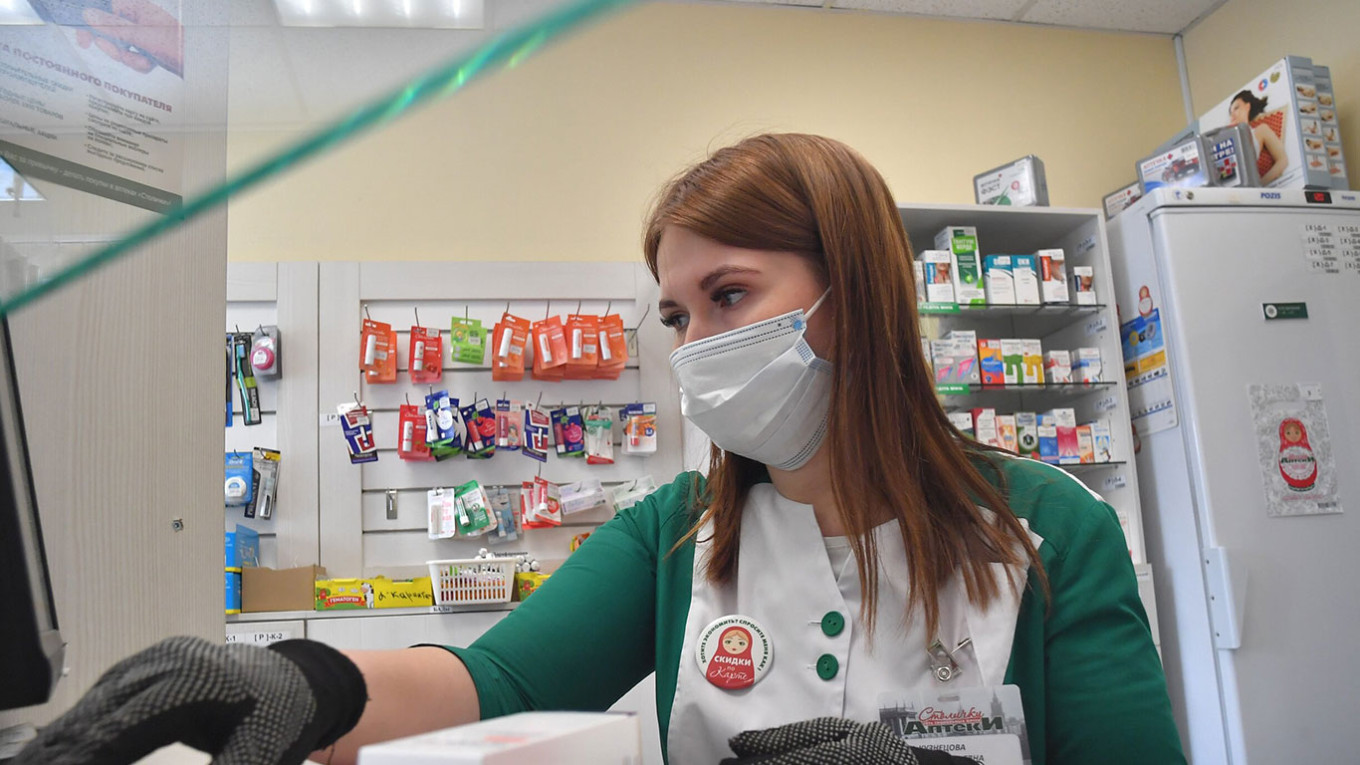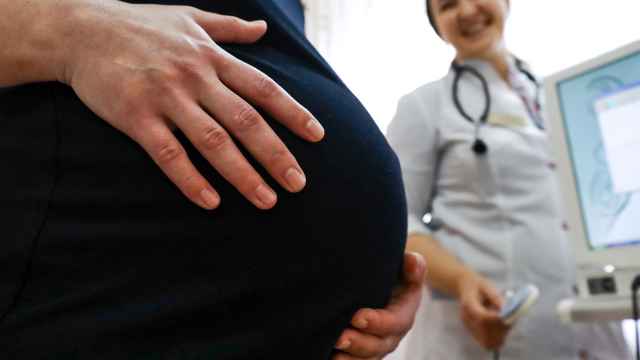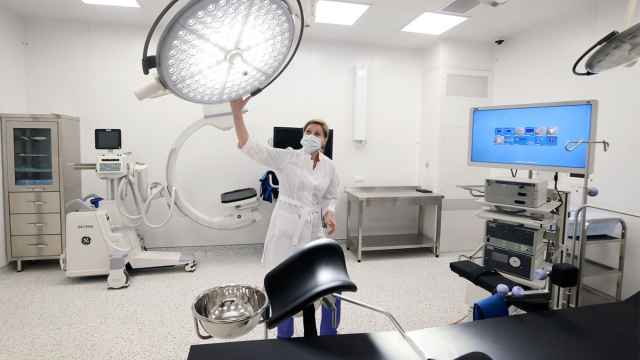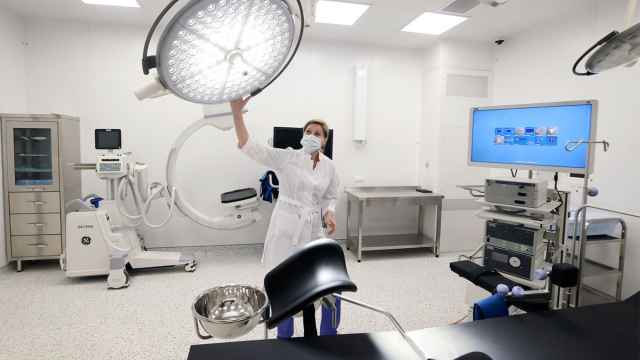Demand for abortion drugs in Russia reached an all-time high in 2022, the Kommersant business daily reported Wednesday, citing data by the RNC Pharma consultancy.
A total of 1.4 million drugs that induce abortions and 2.2 million emergency contraception drugs were sold in Russia last year, marking a 60% and 53% increase from 2021 respectively.
“The launch of [Russia’s] special military operation [in Ukraine], [Western] sanctions, the population’s falling incomes and partial mobilization [of Russia’s military reservists] — all these factors are unlikely to have contributed to plans for building a family,” said RNC Pharma’s development director Nikolai Bespalov.
Women’s support charities told Kommersant that Russia’s invasion of Ukraine in early 2022 and the military mobilization that followed in September led to a “spike in abortions."
Yet Russian Health Ministry data shows a different picture, with all types of abortions decreasing by 3.9% from 411,000 in 2021 to 395,000 in 2022. Medical abortions declined by 5.3% from 189,000 to 179,000 over the same period.
The disparity between falling abortion rates and rising demand for abortion pills could be due to clinics stocking up on supplies amid the threat of Western sanctions, according to experts who spoke to Kommersant.
Sanctions and supply chain disruptions over Russia’s war in Ukraine have sparked fears of shortages in Russia’s pharmaceutical industry which still relies on Western raw materials for production.
But international humanitarian law provides rules to protect access to health care, including drugs and medical services.
This year, Kommersant noted that demand for the abortion pills mifepristone and misoprostol fell by 7.4% while demand for emergency contraception continued to grow by 26% in January-May 2023.
“The situation has somewhat stabilized this year,” said Bespalov. “The news is not as frightening and the impact of sanctions was noticeably weaker than expected. As a result, demand for terminating pregnancies compared to the beginning of last year has decreased.”
Health Minister Mikhail Murashko last month backed limiting the distribution of abortion-inducing drugs and a ban on private facilities from administering abortions, raising fears that a national abortion ban could be on the horizon amid the government’s conservative turn.
A Message from The Moscow Times:
Dear readers,
We are facing unprecedented challenges. Russia's Prosecutor General's Office has designated The Moscow Times as an "undesirable" organization, criminalizing our work and putting our staff at risk of prosecution. This follows our earlier unjust labeling as a "foreign agent."
These actions are direct attempts to silence independent journalism in Russia. The authorities claim our work "discredits the decisions of the Russian leadership." We see things differently: we strive to provide accurate, unbiased reporting on Russia.
We, the journalists of The Moscow Times, refuse to be silenced. But to continue our work, we need your help.
Your support, no matter how small, makes a world of difference. If you can, please support us monthly starting from just $2. It's quick to set up, and every contribution makes a significant impact.
By supporting The Moscow Times, you're defending open, independent journalism in the face of repression. Thank you for standing with us.
Remind me later.






